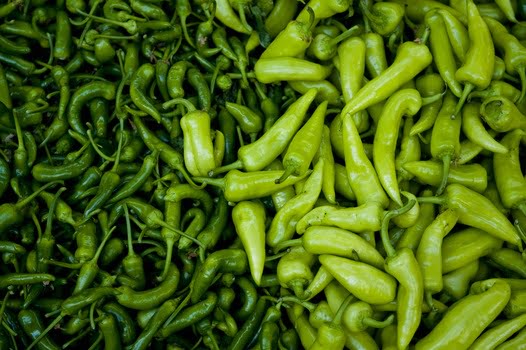Have you ever had a “gut-wrenching” experience? Do certain situations make you “feel nauseous”? Have you ever felt “butterflies” in your stomach? Most of us have and this is because our gut is sensitive to emotions.
So what’s going on inside our gut? Microbiome or gut microbiota seem to be the buzzwords at the moment and for a good reason. There are approximately 100 trillion microorganisms within the gastro-intestinal (GI) tract. While most of the microbes are bacteria, the gut can also harbor yeasts, viruses and small parasitic worms. If there is an imbalance of bacteria, in other words, if there are more bad bacteria than good, this can cause many health conditions. What causes the microbiome to become imbalanced?
* Environment – pesticides, herbicides, synthetic hormones, pollution
* Foods – intolerances, processed foods, high sugar foods, high trans-fat foods
* Under-active digestion (low stomach acid)
* Chronic stress
* Medication – contraceptive pill, painkillers, sleeping tablets, thrush treatments, antibiotics, anti-inflammatories. e.g. Nurofen and Voltaren
The brain communicates with the gut via the parasympathetic (PNS), sympathetic (SNS) and enteric nervous systems (ENS). This is called the gut-brain axis. The ENS is sometimes called ‘the second brain’. In Irritable Bowel Syndrome, for example, stress often leads to over-stimulation of the SNS which interferes with the way food is digested, leading to pain, discomfort and altered bowel motility. Did you know that 90% of our neurotransmitters, adrenaline and serotonin for example, the feel good chemicals in our bodies, are formed in the gut? So if our digestive system is compromised in any way, our mental health will be suffering.
Stress
Given how closely the gut and brain interact, it becomes easier to understand why you might feel nauseated before giving a presentation or feel intestinal pain during times of stress. Stress (or depression or other psychological factors) can affect movement and contractions of the gut, make inflammation worse, or perhaps make you more susceptible to infection.
There is strong evidence that exposure to stress may be responsible for the dysregulation of the brain-gut axis, thus leading to the different diseases of the gut. What can you do about it? Repair your gut and de-stress! Avoid inflammatory foods that can irritate/inflame the gut mucosal layer.
These include;
- Gluten
- Refined carbohydrates and sugar
- Too much caffeine/alcohol
How to repair your gut;
- Gut Healing Foods/spices – whole food diet
- Anti-inflammatory foods – turmeric, ginger, onion, garlic, oily fish, green leafy vegetables
- Tryptophan foods – chicken, turkey, bananas, oily fish, nuts, seeds, wholegrains
- Glutamine – Fish and meat such as beef, chicken, pork and turkey, beans, milk, yogurt, ricotta cheese and cottage cheese, raw spinach, cabbage and parsley
- Slippery Elm – add to smoothies
- Zinc – oysters, nuts, seeds, red meat
- Vitamin A/beta carotene – egg yolks, orange vegetables, salmon
- Gelatine
- Fermented foods (probiotics) – kim chi, sauerkraut, kefir
- Kombucha tea, bone broth
- Reduce your stress
- Meditation
- Massage
- Counselling
- Yoga
- Exercise
- Chat with a friend
- Mindful eating
Tags
[tags_all_in_one number=”20″ smallest=”11″ largest=”11″ unit=”px” separator=” ” orderby=”name” order=”asc” post=”true”]

